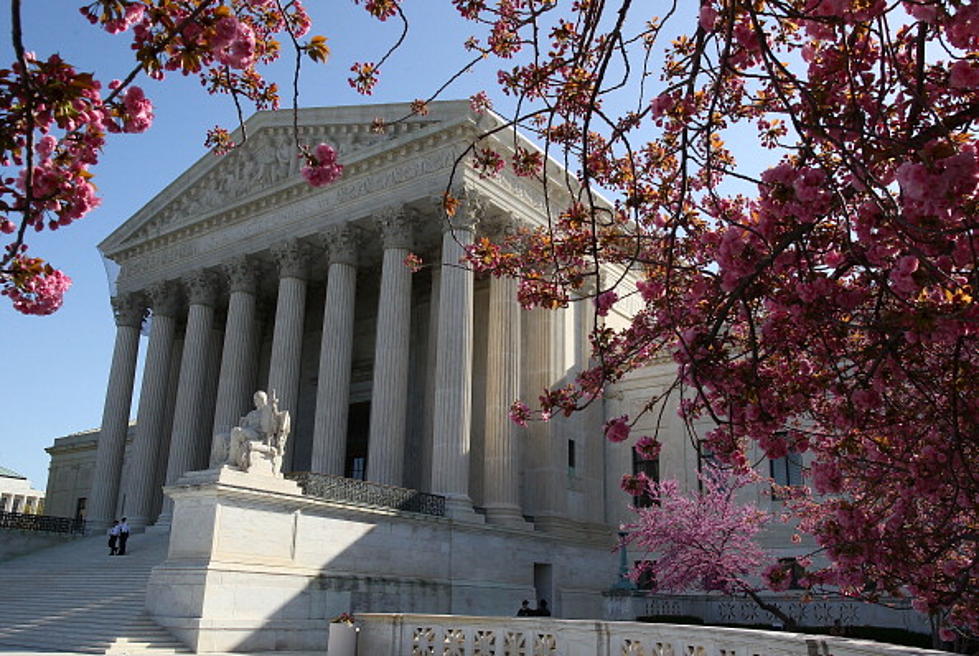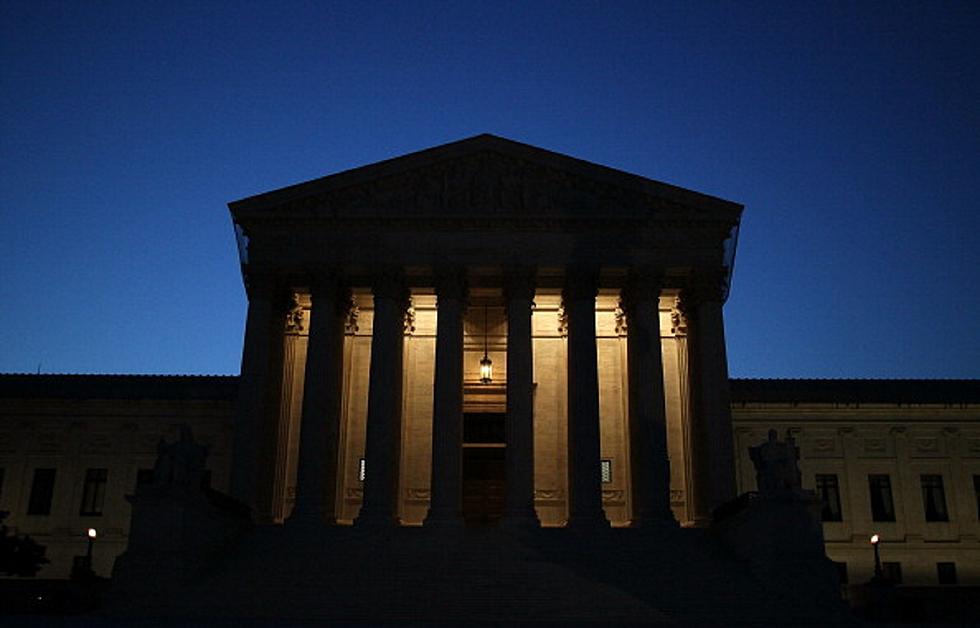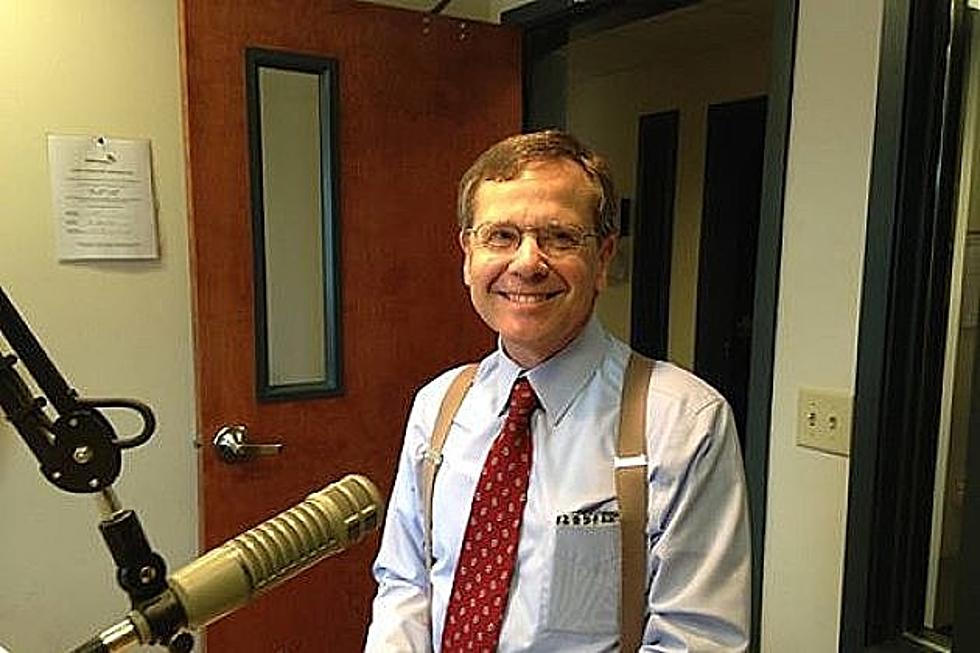
Public Education Advocates Speak out Against Espinoza Court Case
During a conference call from Washington, D.C. on Wednesday, advocates for public education and religious freedom concerned about the Espinoza v. the Montana Department of Revenue case spoke out about why the U.S. Supreme Court should reject the case and find for the State of Montana.
In 2015, the Montana Legislature passed a law allowing tax credits for families who send their children to private or religious schools. The Montana Department of Revenue then took the statute to the Montana Supreme Court which ruled the plan was unconstitutional. Some of the families who were denied the tax credits appealed, and the case, now known as Espinoza v. the Montana Department of Revenue, will be heard on January 22nd before the U.S. Supreme Court.
Lily Eskelsen Garcia, President of the National Education Association, said she was representing three million educators who are members of the National Education Association said the Supreme Court should simply refuse to hear the Espinoza case.
“The Supreme Court should just absolutely reject this case,” said Eskelsen Garcia. “This case is not about improving education for school kids. This case is about expanding vouchers, privatization and the effort to dismantle our public schools, and it represents just the latest stealth political attack on public education. It’s an obvious attempt to use the Supreme Court to move this political agenda, and it’s supported by all the usual suspects. It’s led by people like (Education Secretary) Betsy DeVos and her allies like the Waltons and Charles Koch, and it’s all about undermining public education for the purpose of expanding state voucher programs.”
Also speaking at the press conference was Eric Feaver, President of the Montana Federation of Public Employees, who addressed the issue of language carried over to the 1972 Montana Constitution from the original 1885 state document.
“Our 1972 Constitution was not about a long-dead 19th century bigot,” began Feaver. “The ‘no-aid to private and religious schools’ language in out 1972 Constitution was not a reprise of the Blaine Amendment. I take great exceptions to some of the assertions made in the historical documents that the Institute for Justice has provided to the Supreme Court, and anybody else who would read them. This is a state that is as much Catholic as it is anything else, and when in fact the delegates to the 1972 Montana Constitutional Convention that finally adopted the provisions that apparently offend the Institute for Justice, that was with the concurrence of the Montana Catholic Conference.”
Feaver then added that Montana, being a ‘poor state’ needs every dollar it can get for public education.
“Basically, we’re a poor state, but we believe we have a Constitutional as well as a cultural and historical obligation to provide a free quality elementary and secondary education to all our kids, not some, but all,” he said. “The Con Con delegates state that very vigorously and they stated that any dollars that would go elsewhere would erode the state’s capacity to pay for public schools in our state.”
KGVO also spoke with Constitutional scholar and former University of Montana Law Professor Rob Natelson about the issue. He believes there is a better than two to one chance that the Supreme Court will find for the school families and against the State of Montana.
Oral arguments begin on January 22.
More From Newstalk KGVO 1290 AM & 98.3 FM









